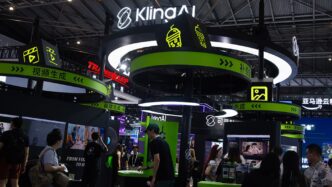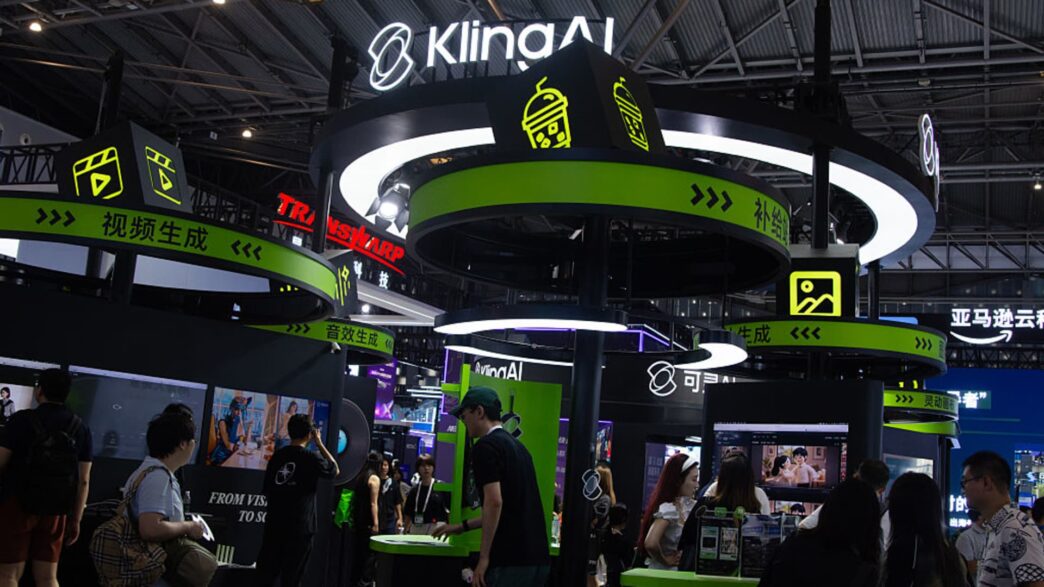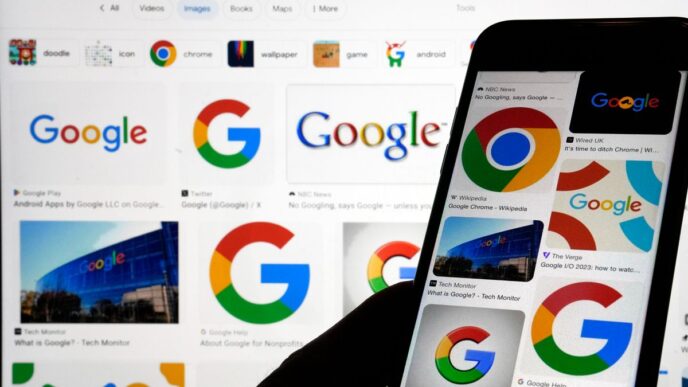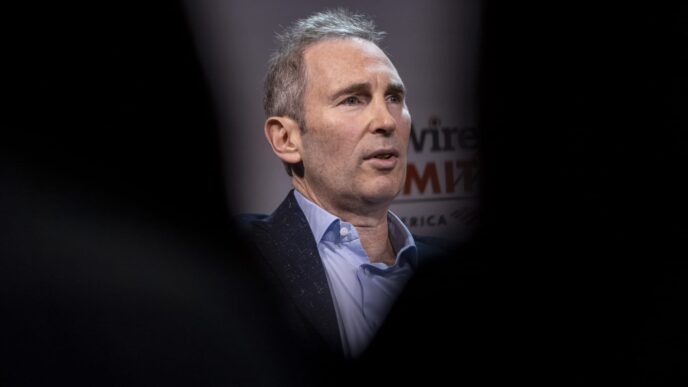Kuaishou is making waves with its Kling AI video generation platform. The tool turns text and images into videos, aiming squarely at advertisers and filmmakers. Launched in June 2024, Kling AI quickly pulled in over 20,000 business users worldwide. Beijing-based Kuaishou reports $20.83 million in revenue just in Q1, with daily ad spend hitting 30 million yuan.
The latest update, Kling 2.1, adds automatic sound effects synced to the AI-made videos. Overseas users now outnumber Chinese ones, with expansion plans for Japan, South Korea, and Europe.
“Whether it’s user scale or commercial revenue, overseas accounts for the majority,”
Zeng Yushen, head of Kling AI operations, told CNBC in Mandarin, translated by CNBC.“This is something we’ve observed, AI big models are increasingly globalized,”
she added.“People don’t seem to care which country’s product it is.”
ByteDance (TikTok’s parent) and Google dominate top rankings for text-to-video AI models on Artificial Analysis, with Kuaishou sitting fifth. Meanwhile, US giants Amazon and Google have launched competing video generation tools. OpenAI, backed by Microsoft, rolled out its video model Sora to ChatGPT users last December—long after Kling AI went public.
Chinese firms hit revenue fast by tackling commercial use cases. UBS’s Wei Xiong says model limits still exist in clip length and motion control, but AI video generation could reshape content creation.
China’s ecommerce giant Alibaba dropped an open-source video AI model called Wan2.2 this week. Its users can tweak lighting, camera angle, and more. The Wan series has already been downloaded over 5.4 million times.
“The age of AI in film is over. We’ve entered the age of AI as filmmaker,”
said Winston Ma, adjunct professor at NYU School of Law.“Just like TikTok took the global markets… Chinese AI companies could well lead the Generative AI revolution in visual digital entertainment.”
Chinese tech giants are also pushing AI beyond videos. Baidu plans to open its AI digital human tech for industry use this October after $7.65 million in livestream sales. Tencent released Hunyuan World, a platform for AI-generated 3D game assets that developers can edit.
“Beyond supporting [Tencent’s] internal development teams, the platform demonstrates Tencent’s ambition to standardize high-fidelity game asset generation and expand its influence across China’s game development landscape,”
said Daniel Ahmad, research director at Niko Partners.“While interest in AI is high, we’ve already seen some backlash to games that have poorly implemented the technology.”
Over half of Chinese game studios use AI now. The sector faces pushback over execution but continues to grow fast. Meanwhile, US-China tech competition heats up amid export restrictions on advanced AI chips.
Kling AI and other Chinese generative AI tools are racing ahead, banking on global reach and commercial customers to fuel the next content boom.














